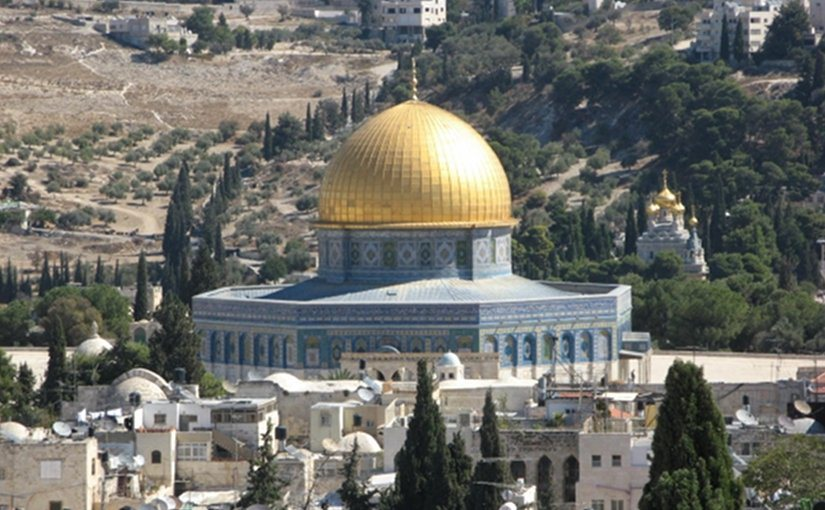Conducted against the wish of the overwhelming majority [at least 84 per cent] of the Bangladeshis hook, line and sinker, the real-life charade and farce in the name of polls in which 153 lawmakers including their supremo do not know who voted for them — apparitions, phantoms or supernatural powers — which caricature the principal opposition Bangladesh Nationalist Party (BNP), led by former PM Khaleda Zia, cogently boycotted as the ruling clique refused to install the neutral caretaker government to oversee the process to stop rigging (which credible system was universally praised at home and abroad during and after the preceding 7th, 8th and 9th general elections).
The so-called winner Awami League (AL) chief Sheikh Hasina and her cohort are feigning as if everything is hunky-dory; but extrajudicial killings and mis-governance persist as before to remind the body politic the maxim: A leopard cannot change its spots. Extrajudicial killing is on the rise as on an average, one person has been victim of such killings every day in 2014. Obsessed by constant fear, innocent citizens have been gripped with an eerie feeling of looming abnormal death which may befall them any moment because human life is a very cheap commodity in this crime-infested country. With thugs, robbers and muggers everywhere, killings are happening every day. But when state apparatus is involved in abnormal deaths in the guise of the so-called ‘encounter’ with the victims — known as extrajudicial or custodial death — then one goes back to the dreaded Rakkhi Bahini days in the early 1970s during the first Awami League (AL) regime when allegedly some 15 thousand people were killed.
Headlined “Bangladesh: End Spate of Extrajudicial Killings: Opposition Members Killed in Post-Election Crackdown” the statement of the Human Rights Watch (HRW), dated January 27, 2014, says, “We are seeing a frightening pattern of supposed ‘crossfire’ killings of opposition members in Bangladesh. The Bangladesh government needs to ensure proper control of the security forces and order an independent and credible investigation into these deaths,” observed Brad Adams, Asia director, HRW.
It added that Joint Forces consisting of the Bangladesh Police, the Rapid Action Battalion (RAB), and the Border Guards Bangladesh continue to arrest opposition supporters, some of whom are accused of involvement in violent protests before and during the January 5, 2014 elections which were boycotted by opposition parties. Security forces claim that the deaths after arrest occurred during “crossfire,” which Human Rights Watch has previously documented is used by security forces as a common euphemism to describe what they claim to be shootouts, but which in reality appears to be the killing of people.
Calling for a new election Lord Avebury, Liberal Democrat Peer of UK House of Lords, in his commentary said, “It was revealed that many of these deaths were in custody. Student leaders of both BNP and Jamaat-e-Islami have been found dead after being arrested. Further reports of opposition members being taken from their houses, beaten and killed continue”. He suggested that to avoid an intractable political crisis, polls must be held immediately under a neutral administration, with fully sanctioned international supervision. After years of intimidation, bloodshed and division, to be offered a fair choice is the least ordinary Bangladeshis deserve. Clearly, there is a simmering wave of discontent and injustice across the country after millions were disenfranchised. This anger cannot simply be wished away”.
Rohingya Mulims
Dhaka is for an “amicable solution” to take back the Myanmar refugees from Bangladesh.
Prime Minister Sheikh Hasina, who visited the Myanmar capital last week, made the call during her meeting with President Thein Sein. According to official estimate, around 30,000 registered Rohingya refugees and some 3 lakh to 5 lakh undocumented Myanmar nationals are living in Bangladesh. Of them, a significant number intruded here following persecution during the previous military rule in Myanmar.
“Burmese security men filled mass graves with Muslims” reported Damien McElroy in The Daily Telegraph of London on 22 April 2013 Burmese security forces organised and stood guard over Buddhist attacks on Muslim settlements before burying scores of bodies, some with their hands tied behind their backs, in mass graves, Human Rights Watch said in a report.
Myanmar’s Opposition leader Nobel laureate Aung San Suu Kyi, who suffered a great deal, knows how the stateless Rohingyas have been enduring for the last 34 years and have to submit themselves to whatever the Yangon government dictates. It is deplorable that the “moral voice” Suu Kyi, as described by Norwegian Nobel Committee, is yet to take a stand about the fate of the persecuted Rohingya Muslims of Arakan, victims of Myanmar pogrom, who had supported Suu Kyi’s candidates and they won all the 23 seats of Arakan some years ago. So courtesy and love backfire too!
By all definitions it is a Burmese problem in the first place; Yangon cannot and must not force mass exodus of this minority Muslim groups. More importantly, the onus is on the UNHCR in particular and the UN in general to resolve this long-drawn-out human crisis. The US and the EU too should adopt positive steps towards lasting solution of this serious humanitarian tragedy which has inflicted the Rohingya Muslims for the last seven decades.
Source; Weekly Holiday









